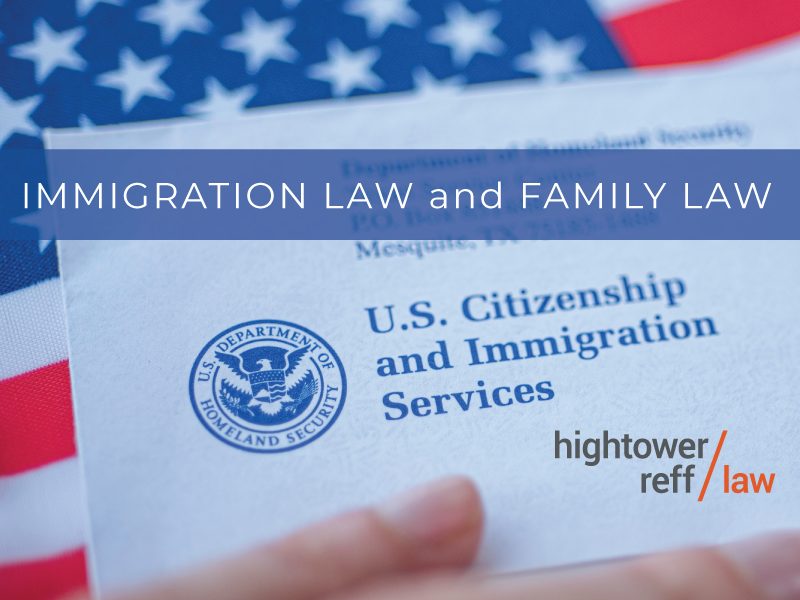When Life Happens—and You Lose Your PR Card
Many Canadian permanent residents travel between Canada, China, and the US for family, work, or emergencies. But if you spend too much time abroad, you risk losing your PR status (Maple Leaf Card) because you don’t meet the 730 days in Canada every 5 years rule.
What can you do if you fall short? You may have a chance to appeal on humanitarian and compassionate grounds.
The Basic Rule: 730 Days in Canada Every 5 Years
Canada’s immigration law is strict:
Permanent residents must be physically present in Canada for at least 730 days (2 years) in every rolling 5-year period.
If you don’t meet this requirement, your PR card renewal or travel document application may be denied. But the law allows for exceptions and appeals if you have strong humanitarian reasons.
Who Can Appeal—and When?
If your PR card renewal or Permanent Resident Travel Document is refused, or you’re stopped at the border for not meeting residency, you can appeal to the Immigration Appeal Division (IAD) on “humanitarian and compassionate” grounds.
What Qualifies as a Humanitarian Reason?
Typical situations include:
- Caring for sick or elderly parents overseas
- Personal or family medical emergencies
- Supporting children, a spouse, or relatives abroad
- COVID-19 or travel restrictions blocking your return
The key is to show you had a compelling, unplanned reason for being away—and that you tried to return as soon as possible.
How to Prepare a Strong Humanitarian Appeal
Success depends on your evidence. Here’s what you need:
1. Prove Your Time in Canada
- Entry/exit records (China and Canada customs)
- Passport stamps, travel records
2. Explain Why You Left
- Work contracts, study records, medical certificates, letters from doctors/hospitals
- Proof of caring for parents (hospital or care records)
3. Show You Returned As Soon As Possible
- Flight tickets, travel bans, border closures, doctor’s notes
- Evidence you came back as soon as your situation allowed
4. Your History of Residency
- Was this your first violation, or a repeated issue?
- Show your long-term plan to live in Canada and stay compliant
5. Prove Ties to Canada
- Canadian jobs, tax records, bank accounts, property ownership
- Community memberships, volunteer work, social ties
6. Impact on Your Children (The Most Important Factor)
- Proof your children live in Canada (school records, daycare, health care)
- Evidence that losing your PR would harm your kids (emotional, educational, financial)
7. Hardship if You Lose PR Status
- Letters explaining how loss of status would impact your work, family, or future
8. Any Other Compelling Factors
- Any other unique hardships or circumstances
Who Has the Best Chance of Success?
- You have a spouse and children living in Canada
- You met at least half of the 730-day requirement
- You had strong reasons for absence (illness, caring for family, etc.)
- You returned to Canada as soon as possible
- You have work, property, or strong community ties in Canada
Who Is Less Likely to Succeed?
- You violated the residency requirement repeatedly
- Your reason for leaving wasn’t compelling or well-documented
- You made little effort to return promptly
- You have no significant ties or family in Canada
Key Documents for a Humanitarian Appeal
- Canada/China customs records (entry/exit)
- Proof of your reason for absence (work contracts, medical records)
- Evidence of prompt return (flight bookings, government travel advisories)
- Proof of ties to Canada (property deeds, job letters, bank statements)
- Proof of child’s best interests (school letters, child care receipts)
- Future plans (job offers, lease agreements, etc.)
How Does the Process Work?
- Refusal or Border Issue:
You receive a refusal or A44(1) report/order. - File an Appeal:
You have 60 days to appeal to the Immigration Appeal Division (IAD). - Prepare Your Case:
Collect all documents, letters, and evidence. - Hearing:
You (and your lawyer) present your case before a judge, explaining why you deserve to keep your PR. - Decision:
If successful, you keep your PR status. If not, you lose it and must leave Canada.
Professional Tips
- Get professional legal advice before appealing—success depends on careful strategy and strong documentation.
- Don’t delay: Appeals have strict deadlines.
- Always focus on the best interests of your children, family hardship, and your efforts to return and reintegrate into Canada.
Contact George Lee Law for Help with Humanitarian Appeals
If you’re at risk of losing your PR card or face border problems, we can help you prepare and present the best possible case to keep your status.
Languages: English, Mandarin Chinese, Cantonese
Phone: 604-681-1611
Email: info@gleelaw.com
Website: gleelaw.com
This article offers general information. For advice about your specific case, contact a qualified Canadian immigration lawyer as soon as possible.

